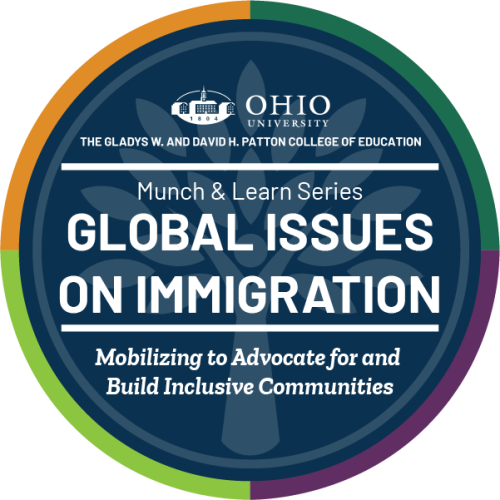During a recent episode of ‘Behind the Headlines’, the focus turned towards immigration issues affecting the local community. The discourse commenced with an exploration of the jargon associated with immigration laws. Terms such as ‘legal’ and ‘illegal’ were discussed, conveying how they tend to overly simplify the complexities of immigration statuses. Participants suggested a more nuanced approach that sees undocumented status or the absence of status as a point within a broader process of securing legal paperwork in the country.
While entering the country without official clearance infringes upon immigration laws, there are options for people to attain legal status upon arrival. Activist groups are doing crucial work in Memphis, supporting immigrant families in varied ways. Their offerings range from English as a Second Language (ESL) programs, operating bilingual early education centers, to providing assistance with legal matters.
Owing to the rising trepidation among immigrants, the demand for these support systems has surged. Information procured through a Freedom of Information Act application revealed intriguing statistics concerning criminal convictions. Approximately three-quarters of the convictions relate to immigration or minor traffic offenses, countering the common perception.
It is estimated that violent crime constitutes a mere 10 to 15 percent of the reasons behind deportations. A closer look at Memphis unveils a daily occurrence of arresting immigrants, often conducted discreetly within neighborhoods populated predominantly by immigrants.
Some have voiced concerns about due process being overlooked in these situations. Advocates insist these residents should at the very least have the opportunity to put forth their cases. Alongside legal issues, the discussion steered into the territory of exploitation, both within housing sectors and workplaces.
There have been instances where undocumented people are forced to endure unfavorable living and working conditions due to their vulnerable status. Despite their circumstances, it’s important to underline that these undocumented residents aren’t devoid of legal rights.
Their hesitance to report abuse, fuelled by fear and insecurity, often hinders them from accessing their rights. It’s pertinent to consider that adjudication of criminal activities is the responsibility of law enforcement, with every individual residing in the country entitled to legal rights as provided by the Constitution.
The application and assertion of these rights prove to be an obstacle, as the ability to access legal representation varies among individuals. This discrepancy results from disparate resources and knowledge about navigating the legal system.
Finally, the conversation encompassed the recognition of regional allies who participate actively in advocating for immigration rights. Regardless of the systemic and societal barriers, their efforts weave a vital support network for immigrants.
To summarize, the conversation not only shone a light on the pressing issues of immigration policies and their implications but also highlighted the efforts made to help these communities. From language classes to legal support, these interventions ensure sustained assistance is available for immigrant families.
Moreover, discussions around these sensitive issues play a significant role in busting myths and bringing forth the factual narrative. The disclosure of infrequently discussed yet highly significant figures highlights the length and breadth of offenses linked to immigrants, subsequently aiding in reframing the narrative.
Stressing the importance of due process, the discussion offered insights into the real-time concerns and dilemmas faced by immigrants, highlighting advocacy and rights as instrumental in assisting immigrants through challenging circumstances.
However, it was also evident that many immigrants, especially those undocumented, are subjected to exploitation, arising from fear of retortion due to their status. The conversation underscored the cruciality of addressing these systemic issues and raising awareness regarding the constitutional rights of every resident, irrespective of their immigration status.

